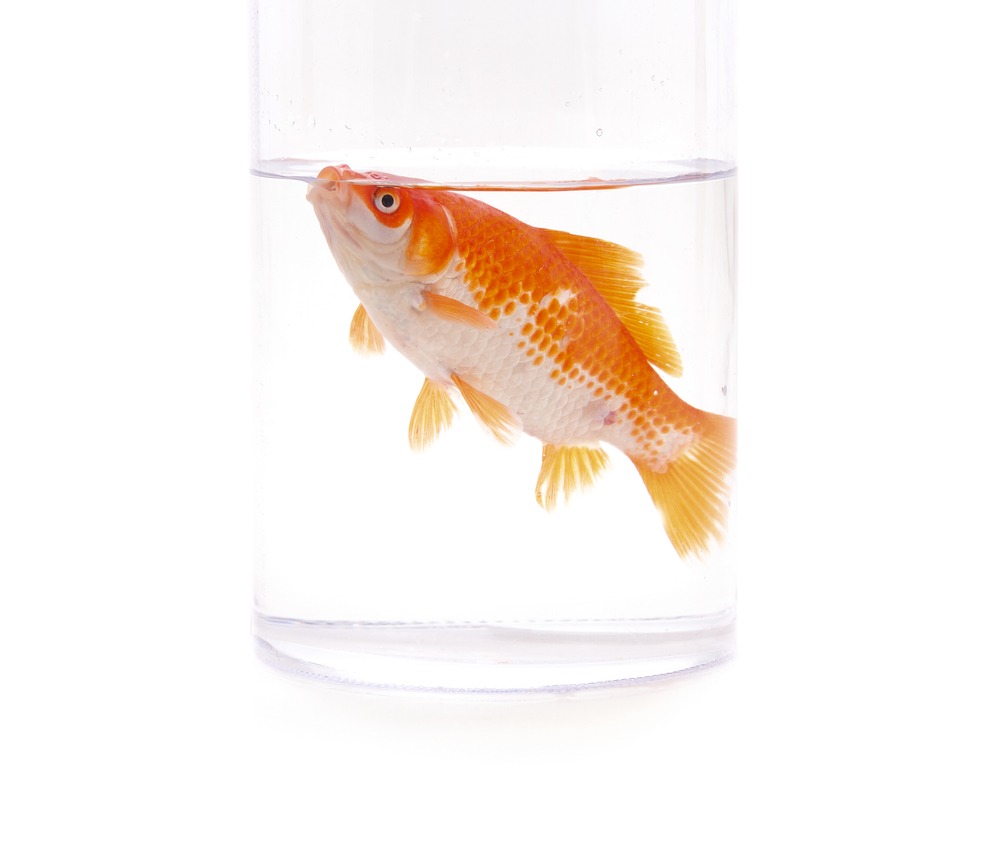Water is the source of life. Where would we be without it? Absolutely nowhere, since we cannot function without water, which is a daily human need.
We are, after all, 60% water, so it’s not surprising we need it to function properly and remain healthy.
Water, however, can be trickier than it seems. Not only is it hard to acquire in safe, drinkable form, since it needs to get purified at a water treatment plant, which is an extraordinarily expensive and involved process, but it can also go bad.
How can water go bad? While water doesn’t decay in the same manner that other types of food do, it can be contaminated by a huge variety of solids and pathogens likely to wreak havoc on your immune system and body.
Therefore, if the water from your supply looks, smells, or tastes wrong, then it’s most probably been contaminated.
Thankfully, this article describes the most common issues encountered with home water supplies as well as how to solve them.
Why Does My Water Taste, Look, or Smell Bad?
First of all, water should not have a particularly noticeable taste, look, or smell. If it does, then that means that your water supply has been contaminated, and you’ll need to investigate to find out what the exact source of the problem is.
It’s important to mention that water is not expected to be completely tasteless, either.
In truth, the tap water in Idaho might be wildly different in taste from the water in North Carolina. The difference should not be excessively palatable or unpleasant, however, which is when there’s a problem.
Depending on where you live, there could be a lot of reasons why your water has suddenly become “off.”
You could, for example, live a couple of miles away from a petroleum refinery whose oil has managed to seep into the ground and thus reach into underground aquifers and reservoirs you are now drawing your water from.
While that scenario is not particularly likely, it serves as an example that you can be surprised by all manner of unpleasant water supply invasions.
More often than not, the solution to such a water problem is a home treatment filter system. First, however, we must consider where your issue stems from.
Bitter Water
If your water tastes bitter, then it probably has a high concentration of total dissolved solids, commonly abbreviated as TDS.
These solids represent inorganic salts and small particles of organic matter that are almost always present in water, though not in any large quantities.
When there are too many of these solids in your water – namely, solids like calcium, magnesium, sodium, potassium, and such – then it develops a bitter taste. This type of water is called “hard water” due to all the TDS.
Bitter water can develop for several reasons, such as your water pipes growing old and rusty. The best solution would be a Reverse Osmosis water filter, which is able to remove the contaminants from your supply, thus eliminating the bitter water taste.
Fishy Water

If there is any smell humans are programmed to run away from, it’s the fishy smell of decay.
Fortunately, if your water smells rotten, then it’s probably a matter of too many contaminants affecting it, not so much an issue of something dying inside your supply.
Usually, fishy water is caused by too much chloramine, a water source disinfectant that sometimes leaks into home supplies, or an excessive amount of Barium and Cadmium present within it.
As with bitter water scenarios, a Reverse Osmosis filter is a very effective solution.
Metallic Water
If your water tastes metallic, you clearly have too much metal in it. There could be an increased concentration of copper, zinc, iron, sulfur, or virtually any other dissolved solids present within it that need to be removed.
This particular problem does not have a more complicated solution than the others. You can find iron and sulphur filters to quickly clean up your home water supply.
Check Your Water Supply
Odds are that if your water tastes bad, then it’s been contaminated.
Do your best to determine the source of the problem and potentially contact a plumber to find out if your pipes have gone into heavy disrepair.
Regardless of the diagnosis, a home water filter can purify your supply before you drink it, so don’t risk drinking bad water.



Comments are closed.